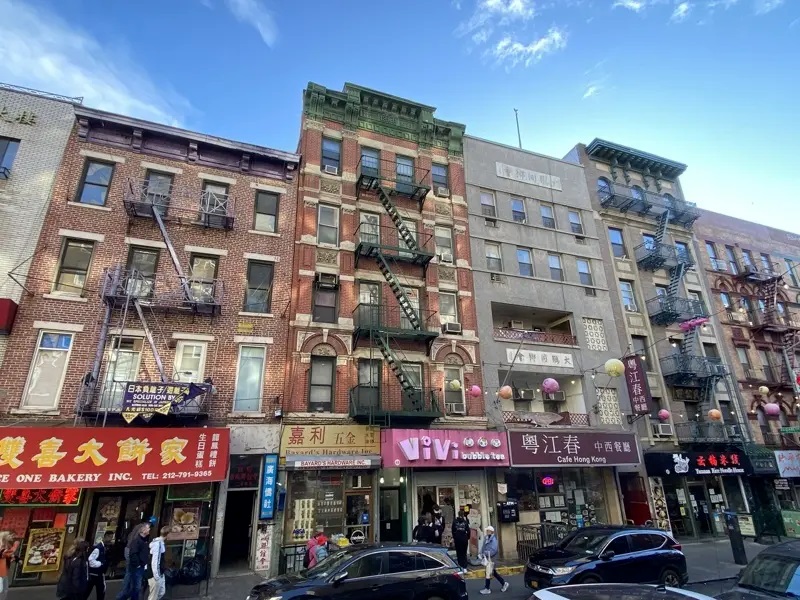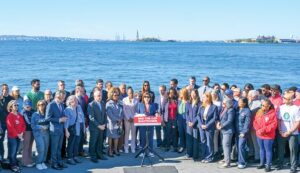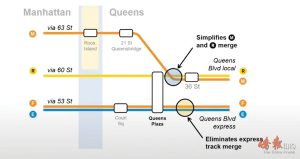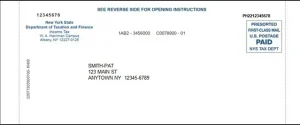New test for “rent freeze” advocates – committee passes: New York rent-stabilized housing rents can still increase by 3%

The New York City Rent Guidelines Board voted on the evening of June 30 to set the one-year rent increase for rent-stabilized apartments (hereinafter referred to as stable housing) at 3% and the two-year rent increase at 4.5%. With Democratic mayoral candidate Zohran Mamdani sweeping public opinion and votes with his “rent freeze” proposal, the impact of this rent increase vote may be reflected in the mayoral general election in November. In this vote, the committee only passed the rent increase decision with a narrow advantage of 5 to 4.
The Rent Guidelines Board is responsible for determining the statutory rent increase cap for more than 1 million stable housing units in the city. The committee is composed of nine people, including representatives of the interests of landlords and tenants, as well as neutral public representatives, mainly composed of professionals in law or economics. The committee members are appointed by the mayor. All members of this committee are appointed by the current mayor Eric Adams. According to reports, Mamdani has promised that if he is elected, he will reappoint people who never propose rent increases as committee members.
According to local laws in New York City, rent-stabilized housing mainly refers to apartment buildings built before 1974 with six or more residential units. Except for special circumstances, the annual rent increase of units in these buildings is limited to the standards approved by the Rent Guidelines Committee. According to a report released by City Comptroller Brad Lander in 2024, rent-stabilized housing accounts for 45% of the overall rental market in New York City.
It is reported that within three years after Adams took office, the overall increase in rent-stabilized housing in New York City reached 9%. In the previous year, the increase in one-year leases was 2.75% and the increase in two-year leases was 5.25%. Mandani’s advocacy of “stopping further rent increases” attracted a large number of votes for him, and after winning the primary election, he continued to publicly state that solving the housing crisis would be his “first priority after taking office.”
Adams, who will face Mandani in the general election, called on the committee to set the increase at the lowest possible level before the vote on June 30. In his statement, he said that New Yorkers are experiencing continued rental pressures caused by tight housing supply, but “freezing rents” is also short-sighted and will lead to owners lacking the financial resources to maintain or upkeep their homes, so he “hopes the committee can find a balance between affordability and housing quality.”
CAAAV Voice, a subsidiary of the Chinatown Tenants Association (CAAAV), which endorsed Mandani in the primary election, held a rally outside the voting venue in East Harlem, Manhattan on the 30th to promote Mandani and his “freeze rent” proposal. Rand, who ranked third in the mayoral primary and endorsed Mandani, also showed up to support him.
According to a statement released by CAAAV Voice, data from the Rent Guidance Board showed that New York City landlords’ net operating income increased by 12% from 2022 to 2023, and from 1990 to date, landlords’ net profit increased by 48%; CAAAV Voice also pointed out that lobbying groups representing the interests of real estate developers invested heavily in supporting Mandani’s opponents in this year’s mayoral election.
A large number of apartment buildings in Manhattan’s Chinatown are rent-stabilized housing, and a large proportion of these rent-stabilized housing are owned by traditional overseas Chinese groups. An unnamed overseas Chinese group leader said that if we want to “freeze rents”, should we also “freeze taxes”? If the burden on tenants is reduced, where will the landlords get the money from? According to data provided by the Chinatown Business Improvement District (Chinatown BID), the total annual property tax within its management area is 300 million yuan. The leader said that if a candidate does not care about the interests of the owners, then “he can only speak with votes.”
![]()




